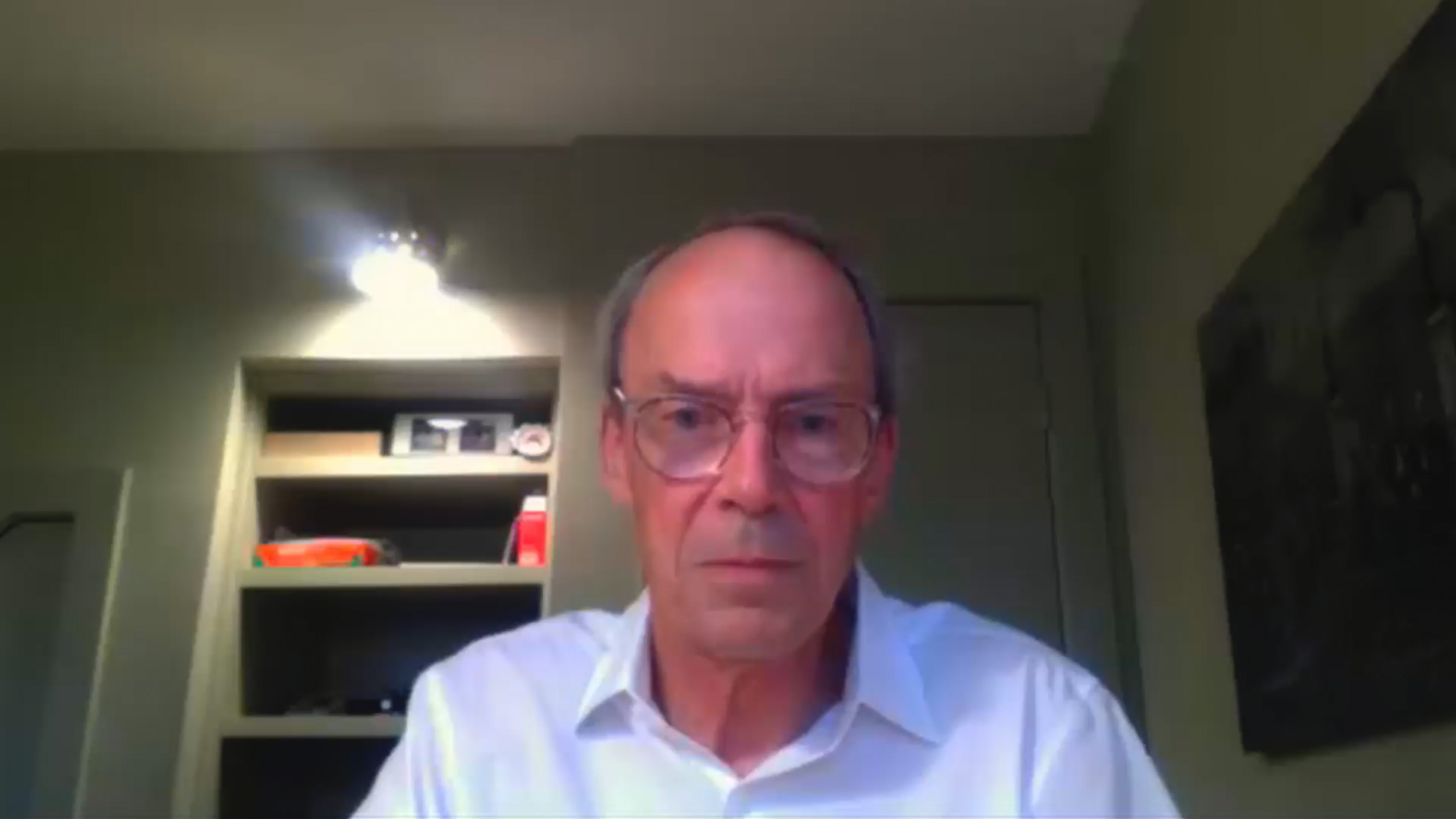
Spotify / Label Dynamics: Prisoners Dilemma
Former CEO at EMI Group & Board Member at Pandora Media
inpractise.com/articles/spotify-label-dynamics
Why is this interview interesting?
- Why record labels can’t leave Spotify
Interview Transcript
Do you think there is some kind of prisoner’s dilemma evolving here, with the labels, where if one label leaves Spotify, the others reap the rewards?
The answer is, there isn’t a record company that could leave. You have to get it through your mind and it’s hard. Warner says that they’re not going to sign; that’s been said so many years at signings. At the end of the day, a deal is made, because neither party can afford to do so. That’s the position. It’s why the existing economics aren’t going to change. For the last X years, the deals have been all but the same, with just tweaks here and there. Not unimportant tweaks, but tweaks nonetheless. I fully expect that to be the case.
Wouldn’t the new strategy move, into audio and podcast, suggest that Daniel Ek has given up that fight, in trying to claw back margin from the labels?
Knowing what Daniel thinks is something that I try not to opine on. I think it is completely logical that you have an audio platform, that’s reaching millions and millions and millions of people and there is a format that has appealed to many of those people, that you wouldn’t also provide it. That’s what we did at Pandora. It was clear that the demand for podcasting was increasing. It had, largely, been something driven by Apple. There’s an immense number of podcasts. It’s astounding. For a Spotify, it’s clear that they want to have something that is unique to them, that gives them a bit more stickiness so that it’s not just, I’m the same thing as Apple or Amazon.
Which is why they went exclusive with Joe Rogan, I imagine?
There was an attempt, with music, to do that. But music is a different play. People expect to see everything and podcasts, not so much. Certainly, it’s still not a very mature marketplace and medium. But it makes sense. SiriusXM, back in the day, went and bought Howard Stern.
Related Content

Spotify & The Economics of the Music Industry
Former CEO at EMI Group & Board Member at Pandora Media

History of the Music Industry
Former CEO at EMI Group & Board Member at Pandora Media

Record Labels: Physical to Digital Distribution
Former CEO at EMI Group & Board Member at Pandora Media

Record Labels Innovation
Former CEO at EMI Group & Board Member at Pandora Media
Copyright Notice
This document may not be reproduced, distributed, or transmitted in any form or by any means including resale of any part, unauthorised distribution to a third party or other electronic methods, without the prior written permission of IP 1 Ltd.
IP 1 Ltd, trading as In Practise (herein referred to as "IP") is a company registered in England and Wales and is not a registered investment advisor or broker-dealer, and is not licensed nor qualified to provide investment advice.
In Practise reserves all copyright, intellectual and other property rights in the Content. The information published in this transcript (“Content”) is for information purposes only and should not be used as the sole basis for making any investment decision. Information provided by IP is to be used as an educational tool and nothing in this Content shall be construed as an offer, recommendation or solicitation regarding any financial product, service or management of investments or securities.
© 2025 IP 1 Ltd. All rights reserved.
Full interview
Roger Faxon
Former CEO at EMI Group & Board Member at Pandora Media
Related Content

Spotify & The Economics of the Music Industry
Former CEO at EMI Group & Board Member at Pandora Media

History of the Music Industry
Former CEO at EMI Group & Board Member at Pandora Media

Record Labels: Physical to Digital Distribution
Former CEO at EMI Group & Board Member at Pandora Media


